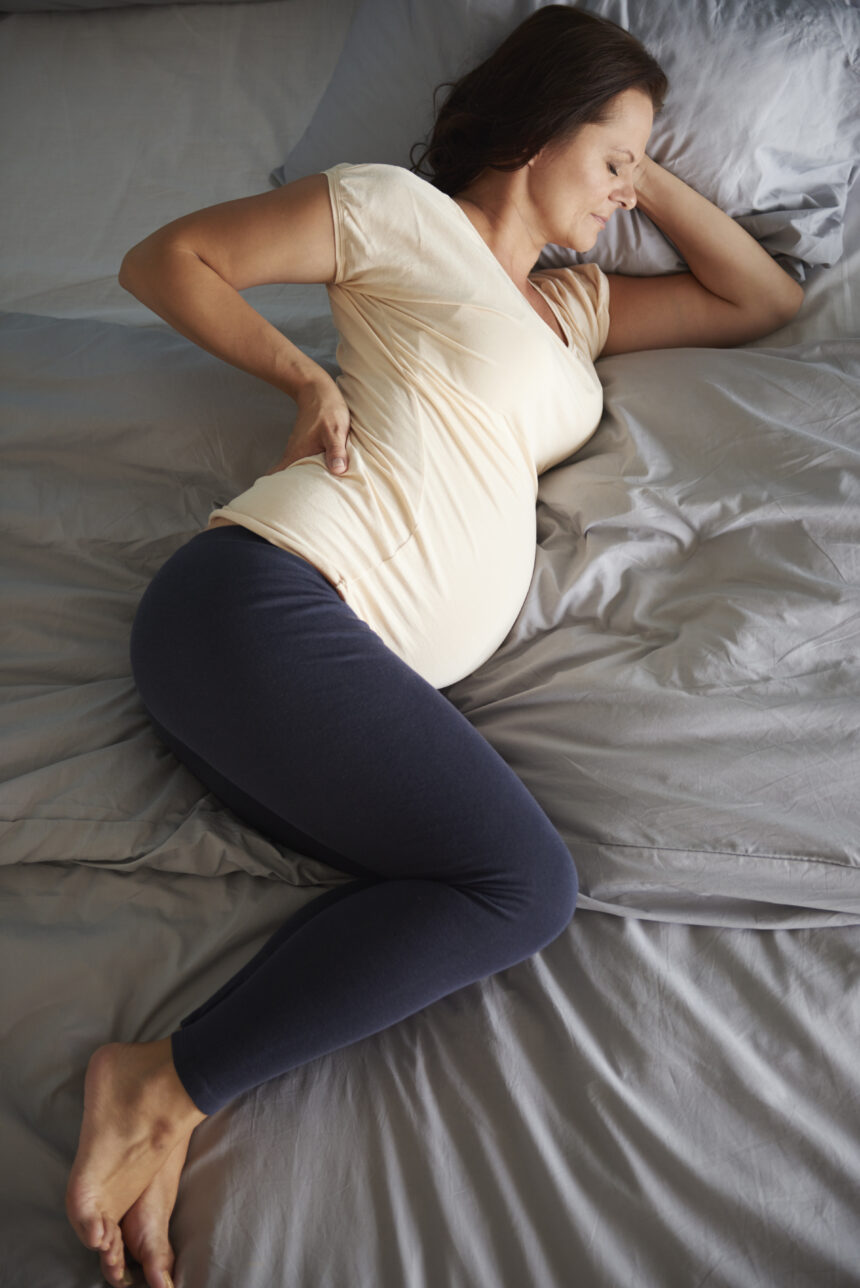Tips for Relieving Hip and Pelvic Pain During Pregnancy
Pregnancy is a remarkable journey filled with joy and anticipation, but it can also bring physical discomfort, particularly in the hips and pelvic region. As your body undergoes changes to accommodate your growing baby, you may experience hip and pelvic pain. This discomfort can vary from mild to severe and may impact your daily activities. Fortunately, there are several strategies you can try to alleviate hip and pelvic pain during pregnancy. In this article, we will explore some helpful tips for finding relief.
- Practice Prenatal Yoga and Stretching: Engaging in gentle prenatal yoga or stretching exercises can help alleviate hip and pelvic pain. These exercises promote flexibility, strengthen the supporting muscles, and improve posture. Consult with a certified prenatal yoga instructor or seek guidance from your healthcare provider to ensure you’re performing exercises that are safe and suitable for your stage of pregnancy.
- Use Pregnancy Support Pillows: Consider using pregnancy support pillows while sleeping or resting. These specially designed pillows provide support to your hips, pelvis, and lower back, helping to relieve pressure and promote better alignment. Experiment with different types of pillows to find the one that offers the most comfort for you.
- Practice Good Posture: Maintaining good posture throughout the day can help reduce strain on your hips and pelvis. Be mindful of your posture when sitting, standing, and walking. Distribute your weight evenly and avoid slouching. Consider using a supportive chair or cushion when sitting for extended periods.
- Apply Heat or Cold Packs: Applying heat or cold packs to the affected area can help alleviate pain and reduce inflammation. Experiment with both methods to determine which one provides you with the most relief. Be sure to follow proper guidelines for safe heat or cold therapy during pregnancy.
- Wear Supportive Footwear: Opt for comfortable and supportive footwear that provides cushioning and proper arch support. Avoid high heels or shoes that lack adequate support, as they can exacerbate hip and pelvic pain.
- Practice Pacing and Resting: Listen to your body and pace yourself throughout the day. Avoid overexertion and take breaks when needed. Resting in a comfortable position can help alleviate pressure on your hips and pelvis. Consider using a pregnancy support belt or belly band for added support during activities that require more physical exertion.
- Modify Activities: Adjust your daily activities to minimize strain on your hips and pelvis. Avoid standing or sitting for long periods and take frequent breaks to stretch and change positions. When lifting objects, bend from your knees and use your leg muscles rather than straining your back and pelvis.
- Seek Physical Therapy: If your hip and pelvic pain are severe or persistent, consider seeking the assistance of a physical therapist who specializes in prenatal care. They can provide tailored exercises, manual therapy, and techniques to help alleviate pain and improve mobility.
- Practice Water Therapy: Water therapy, such as swimming or water aerobics, can provide relief from hip and pelvic pain. The buoyancy of water reduces pressure on your joints and allows for gentle movement. Check with your healthcare provider to ensure water activities are safe for you.
- Consult with Your Healthcare Provider: It’s essential to discuss any persistent or severe hip and pelvic pain with your healthcare provider. They can evaluate your condition, provide appropriate guidance, and recommend additional treatments or referrals if necessary.
Remember, every pregnancy is unique, and what works for one person may not work for another. It’s important to find a combination of strategies that work best for you. Be patient with yourself and give yourself permission to rest when needed. With proper self-care and support, you can alleviate hip and pelvic pain and enjoy a more comfortable pregnancy journey.










